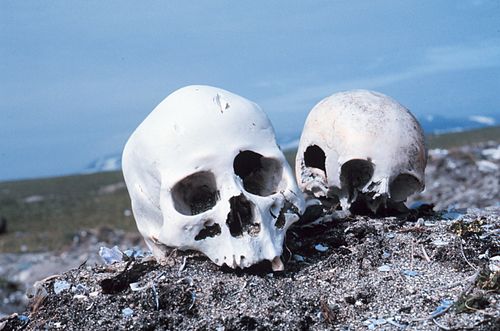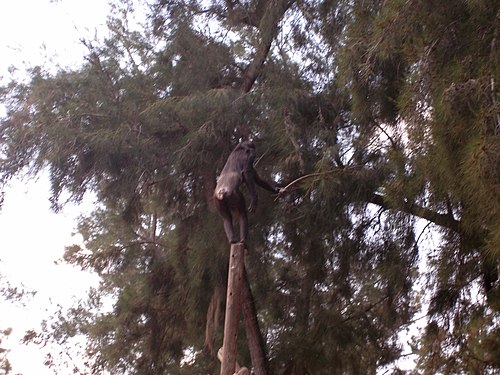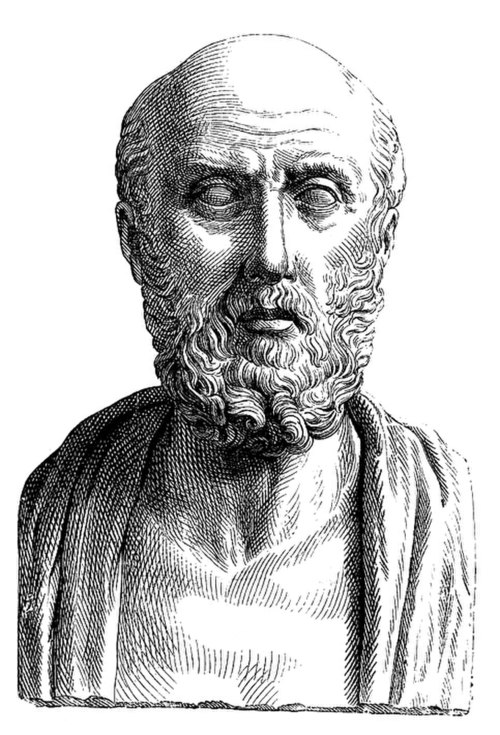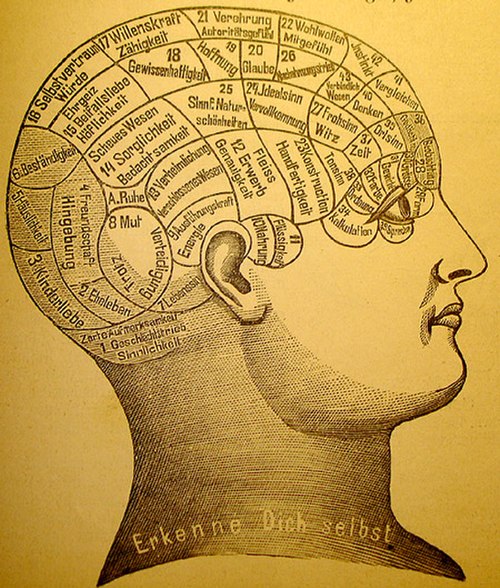Physiologynoun
A branch of biology that deals with the functions and activities of life or of living matter (as organs, tissues, or cells) and of the physical and chemical phenomena involved.
Physiologynoun
(obsolete) The study and description of natural objects; natural science.
Physiologynoun
The science which treats of the phenomena of living organisms; the study of the processes incidental to, and characteristic of, life.
Physiologynoun
A treatise on physiology.
Physiologynoun
the branch of the biological sciences dealing with the functioning of organisms
Physiologynoun
processes and functions of an organism
Physiology
Physiology (; from Ancient Greek φύσις (physis) 'nature, origin', and -λογία (-logia) 'study of') is the scientific study of functions and mechanisms in a living system. As a sub-discipline of biology, physiology focuses on how organisms, organ systems, individual organs, cells, and biomolecules carry out the chemical and physical functions in a living system.
Psychologynoun
(uncountable) The study of the human mind.
Psychologynoun
(uncountable) The study of human behavior.
Psychologynoun
(uncountable) The study of animal behavior.
Psychologynoun
(countable) The mental, emotional, and behavioral characteristics pertaining to a specified person, group, or activity.
Psychologynoun
The science of the human soul; specifically, the systematic or scientific knowledge of the powers and functions of the human soul, so far as they are known by consciousness; a treatise on the human soul.
Psychologynoun
the science of mental life
Psychology
Psychology is the science of mind and behavior. Psychology includes the study of conscious and unconscious phenomena, as well as feelings and thought.

















